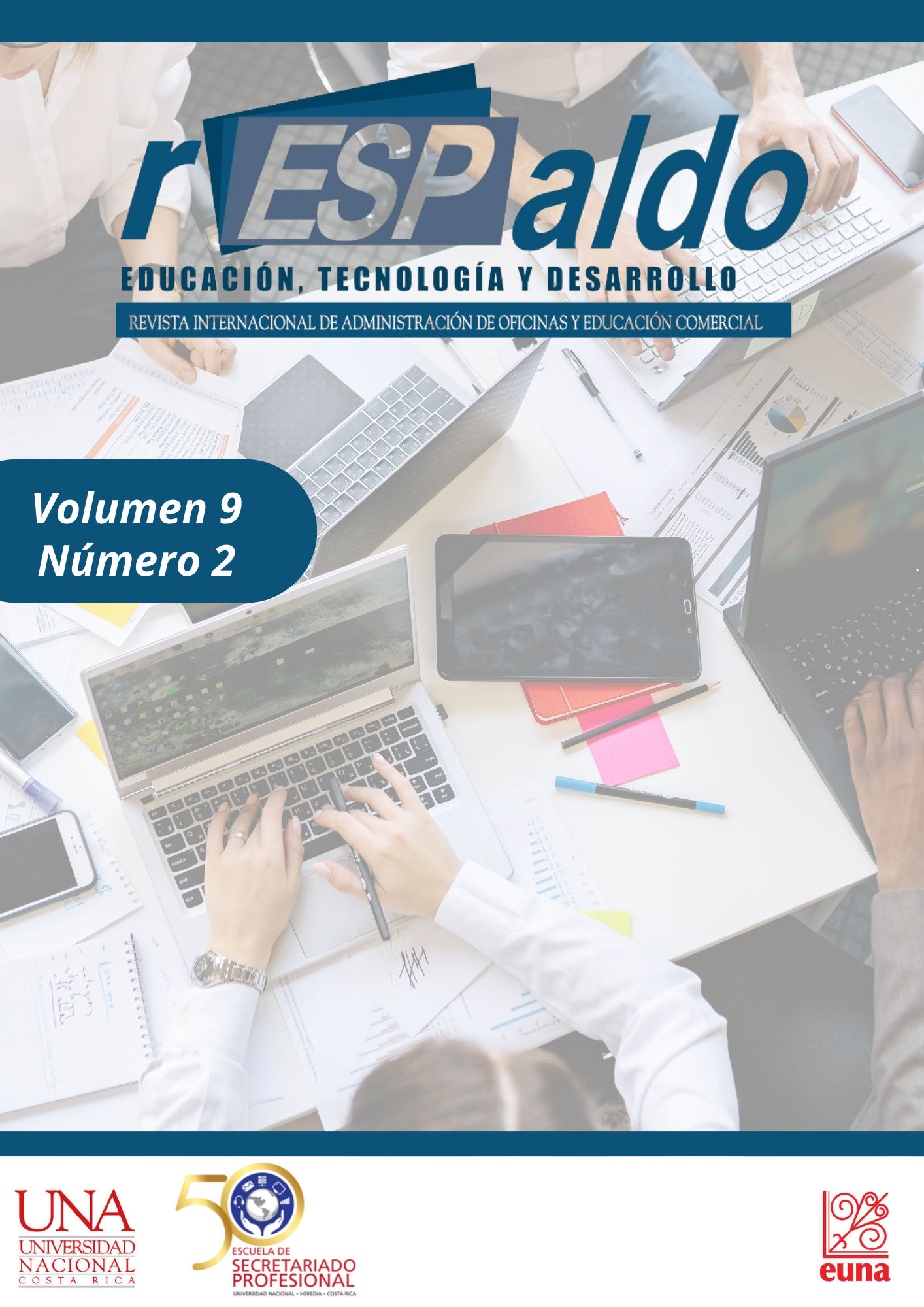Employment status and level of satisfaction among graduates of the Commercial Education program, UNAN-Managua
DOI:
https://doi.org/10.15359/respaldo.9-2.1Keywords:
Employment situation, Academic training, Sevel of satisfactionAbstract
This paper analyzes the employment situation and the level of satisfaction of graduates of the Business Education career, in order to gather information that will serve as a reference to develop proposals to strengthen the link between the university and society. The research was carried out using a mixed methodology, combining positivist and interpretive paradigms, applying the survey technique both online and face-to-face to a sample of 81 graduates of the 2014-2023 generations. The results reveal that 94% of the graduates are employed, either full-time, part-time or self-employed, indicating a favorable employment situation. In addition, the majority of respondents are women. Regarding job satisfaction, the graduates express that their occupations are directly related to their academic training, although they identify the need to strengthen certain skills to improve their professional performance. In conclusion, the research underlines the importance of continuing to develop specific skills in graduates to optimize their insertion in the labor market, which in turn can contribute to a better connection between higher education and the demands of the labor environment.
Downloads
Published
How to Cite
Issue
Section
License
 Revista Internacional rESPaldo en Administración de Oficinas y Educación Comercial de la Escuela de Secretariado Profesional de la Universidad Nacional de Costa Rica es publicada bajo la licencia Creative Commons Reconocimiento-NoComercial-SinObraDerivada 3.0 Costa Rica License.
Revista Internacional rESPaldo en Administración de Oficinas y Educación Comercial de la Escuela de Secretariado Profesional de la Universidad Nacional de Costa Rica es publicada bajo la licencia Creative Commons Reconocimiento-NoComercial-SinObraDerivada 3.0 Costa Rica License.Permisos que sobrepasen el ámbito de esta lincencia, pueden ser consultados en secretariado@una.cr






